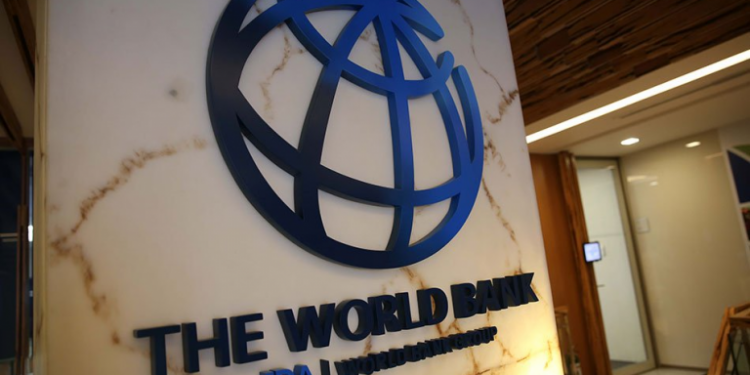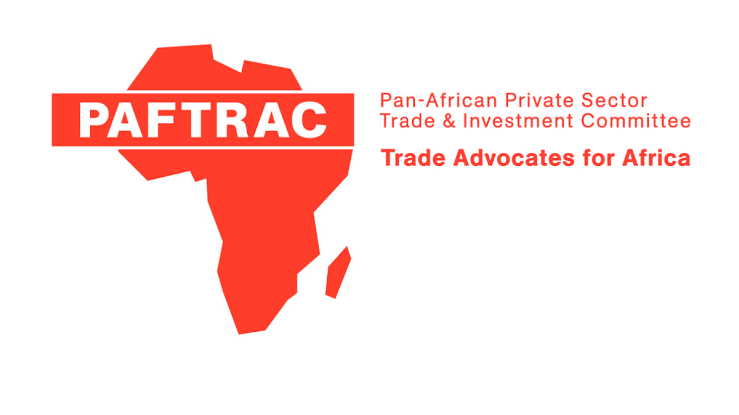The Federal Government has disbursed $68.36 million to 28 states under the States Action on Business Enabling Reforms (SABER) Programme, a $750 million World Bank-backed initiative designed to improve the ease of doing business across Nigeria.
Speaking at the 2025 National Sensitisation Workshop on SABER in Abuja, the Permanent Secretary of the Federal Ministry of Finance, Lydia Jafiya, highlighted the program’s progress. She noted that 33 states, including the Federal Capital Territory, had signed the Subsidiary Loan Agreement, while 28 states had already received between $1 million and $4 million based on Prior Results Disbursements.
The funding, she explained, is intended to help states implement key reforms that enhance business competitiveness, streamline regulations, and attract investment. These efforts are part of the broader push to create a more business-friendly environment across Nigeria.
Despite initial delays, Jafiya commended state governments for their commitment to the reforms and urged them to remain focused on meeting the program’s objectives. She announced that an Independent Verification Firm had been engaged to assess states’ performances for 2023 and 2024, ensuring accountability and effectiveness in implementing reforms.
Lessons from previous initiatives, particularly the State Fiscal Transparency, Accountability, and Sustainability Programme, have contributed to improvements in business-government relations. Jafiya noted that states had made significant progress in optimizing land acquisition processes, strengthening grievance redress mechanisms for businesses, and improving transparency in regulatory procedures.
Beyond these gains, other achievements under the SABER Program include the enhancement of public-private partnership frameworks, reduction in the cost of fiber optic deployment for businesses, and increased regulatory efficiency in various sectors. The government hopes these reforms will ultimately make Nigerian states more attractive to both local and foreign investors.
Jafiya praised the World Bank for its continued support and recognized the critical roles played by the Presidential Enabling Business Environment Council, the Nigeria Governors’ Forum, and the Debt Management Office in driving the program forward. She called on state officials and SABER focal persons to actively participate in discussions and leverage technical assistance to ensure the program’s success.
She also stressed the need for better communication of the program’s impact, urging states to engage the business community and investors with clear information on ongoing reforms and their benefits. Declaring the workshop open, she reiterated the Federal Government’s commitment to fostering a competitive business environment, strengthening state-level institutional capacity, and positioning Nigeria as a top investment destination.
Also speaking at the event, the Director of the Home Finance Department and National Programme Coordinator for SABER, Dr. Ali Mohammed, underscored the program’s role in incentivizing states to implement critical business reforms. He explained that disbursements under the program would be made based on annual independent verifications to ensure that states meet their reform targets.
Mohammed outlined key areas of focus for SABER, including enhancing efficiency in land administration, improving regulatory frameworks for private investment in fiber optic deployment, and strengthening investment promotion agencies and public-private partnership units. These efforts, he said, are designed to boost transparency in government-to-business services and make states more attractive for investment.
He further noted that SABER aligns with President Bola Tinubu’s Renewed Hope Agenda, which prioritizes economic development, job creation, and improved investment opportunities. The government expects that by enhancing business conditions at the state level, Nigeria can create a more stable and competitive economy that benefits both entrepreneurs and investors.
The workshop provided an opportunity for state officials to exchange ideas and strategies on how best to implement the program’s objectives. Participants discussed the challenges faced in executing reforms and explored solutions to improve efficiency and ensure that businesses experience tangible improvements in the regulatory environment.
As states continue to implement SABER reforms, the government remains optimistic that the program will drive long-term economic growth and strengthen Nigeria’s position as a leading destination for business and investment.










